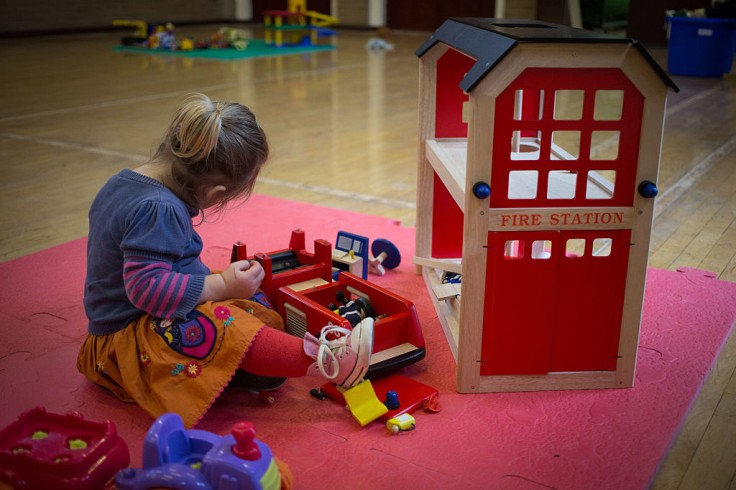
Developing critical thinking skills in children is a vital endeavor for parents. It is essential to initiate this process early on and explain concepts in a comprehensive manner.
Children possess a natural inclination for inquiry, actively engaging their critical thinking abilities from an early age.
This invaluable skill, essential throughout primary school, secondary education, and adulthood, can be nurtured through intentional practice. According to Peter Worley, co-CEO and co-founder of The Philosophy Foundation, fostering critical thinking in children at the primary school level is crucial, as it develops into a habitual disposition.
Research even suggests that children who acquire these skills exhibit improved language comprehension, problem-solving abilities, and elevated IQ levels compared to their peers.
Emphasizing that children not only have the capacity for critical thinking but also actively engage in it. With that, here's a guide on how parents can support their child's growth in this area.
How To Nurture Critical Thinking for Kids
Initiate Early Engagement and Thorough Explanations
According to Parenting for Brain, parents should begin fostering critical thinking skills in their children from a young age. By offering detailed explanations, parents can satisfy their children's curiosity and help them comprehend the world around them. This approach facilitates the development of critical thinking by encouraging children to question and explore.
Embrace Independent Thinking Instead of Blind Obedience:
Rather than imposing blind obedience, parents should create an environment that encourages independent thinking. This allows children to express their thoughts and opinions freely, fostering their ability to think critically and form their own perspectives.
- Foster Curiosity and Encourage Questioning
Cultivating curiosity is pivotal in developing critical thinking. Parents should encourage their children to ask questions about various topics, fostering their inquisitive nature. By engaging in meaningful discussions and providing opportunities for exploration, parents can nurture their children's critical thinking abilities.
- Promote Open-Mindedness
Open-mindedness is essential in critical thinking. Parents should teach their children to consider multiple perspectives and respect diverse viewpoints. Encouraging active listening and thoughtful consideration before forming conclusions helps children approach situations with a critical and unbiased mindset.
- Provide Ample Opportunities for Play
According to Bright Horizon, play is an integral part of a child's development, including the cultivation of critical thinking. Parents should engage their children in activities that stimulate their imagination, problem-solving skills, and decision-making abilities. Games, puzzles, and creative play provide a fun and effective way to enhance critical thinking skills.
- Allow Independent Problem-Solving
Instead of immediately intervening, parents should give their children space to navigate challenges independently. This approach encourages children to explore different possibilities, fostering resilience and perseverance, which are essential components of critical thinking.
- Encourage Decision-Making Practice:
Parents should offer opportunities for their children to make choices from an early age. This practice allows children to weigh options, consider consequences, and make decisions based on reasoning. By evaluating alternatives and making informed choices, children develop their critical thinking skills.
- Teach Effective Problem-Solving Strategies:
As recommended by the Verywell family, critical thinking involves analyzing problems and finding effective solutions. Parents can guide their children through the problem-solving process by breaking down complex issues into manageable parts. Encouraging brainstorming, evaluation of potential solutions, and reflection on outcomes helps children develop their critical thinking abilities.
- Engage with Open-Ended Questions
Parents should engage their children in meaningful conversations by asking open-ended questions. These questions prompt children to think critically, express their thoughts, and provide reasoning behind their answers. Encouraging them to support their opinions with evidence and consider alternative perspectives enhances their critical thinking skills.
- Explain the Distinction Between Correlation and Causation
Parents can aid their children's understanding of critical thinking concepts by explaining the difference between correlation and causation. By teaching children to question and evaluate claims, parents encourage them to think critically about cause-and-effect relationships, enhancing their logical reasoning abilities.
Parents play a crucial role in nurturing their children's critical thinking skills. Ultimately, by embracing these strategies, parents empower their children to become independent, thoughtful, and successful critical thinkers.
Related Article: 10 Proven Strategies to Foster Your Toddler's Language Development